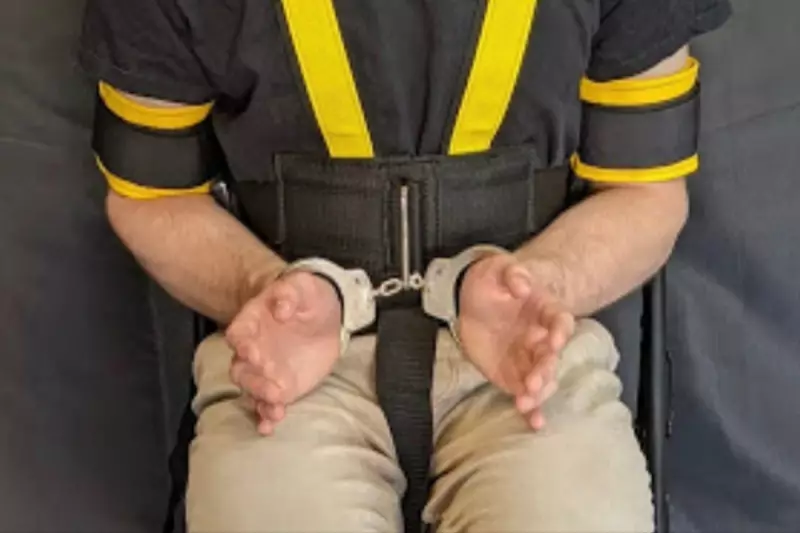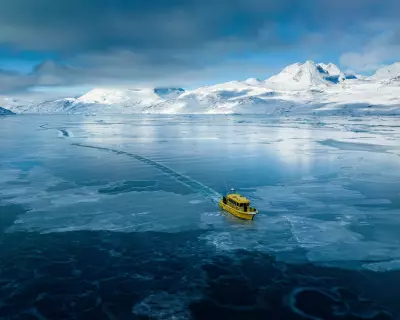
In a startling revelation that has sent shockwaves through international diplomatic circles, an exclusive investigation has uncovered the controversial detention of West African migrants in Ghana under policies initiated during Donald Trump's presidency.
The Hidden Crisis in West Africa
Deep within Ghana's borders, a humanitarian crisis has been unfolding away from international attention. Dozens of migrants from various West African nations have found themselves trapped in detention facilities, caught in the crosshairs of aggressive immigration enforcement measures that originated from Washington.
The detained individuals, primarily from neighbouring countries including Nigeria, Ivory Coast, and Burkina Faso, were intercepted while attempting migration routes that have traditionally served as corridors for movement within the region.
Trump's Legacy in African Immigration Policy
During his administration, President Trump significantly tightened immigration controls and expanded enforcement mechanisms globally. This particular operation in Ghana represents one of the less-publicised extensions of that policy framework into African territory.
Local human rights organisations have expressed grave concerns about the conditions within these detention centres and the legal processes being followed. "We're witnessing a disturbing erosion of migrants' rights under the guise of international cooperation," stated one Accra-based rights activist who requested anonymity due to the sensitivity of the matter.
Diplomatic Fallout and Future Implications
The situation has created delicate diplomatic challenges for both Ghanaian authorities and their American counterparts. While the current Biden administration has sought to distance itself from some Trump-era immigration policies, this particular arrangement appears to have continued operating under the radar.
International observers are now questioning the transparency of such bilateral agreements and calling for immediate review of the detainees' circumstances. Many fear that without urgent intervention, these individuals could face prolonged detention without adequate legal representation or proper recourse to challenge their situations.
As the international community begins to take notice, pressure is mounting on both governments to address what critics are calling a "human rights blind spot" in West Africa.





